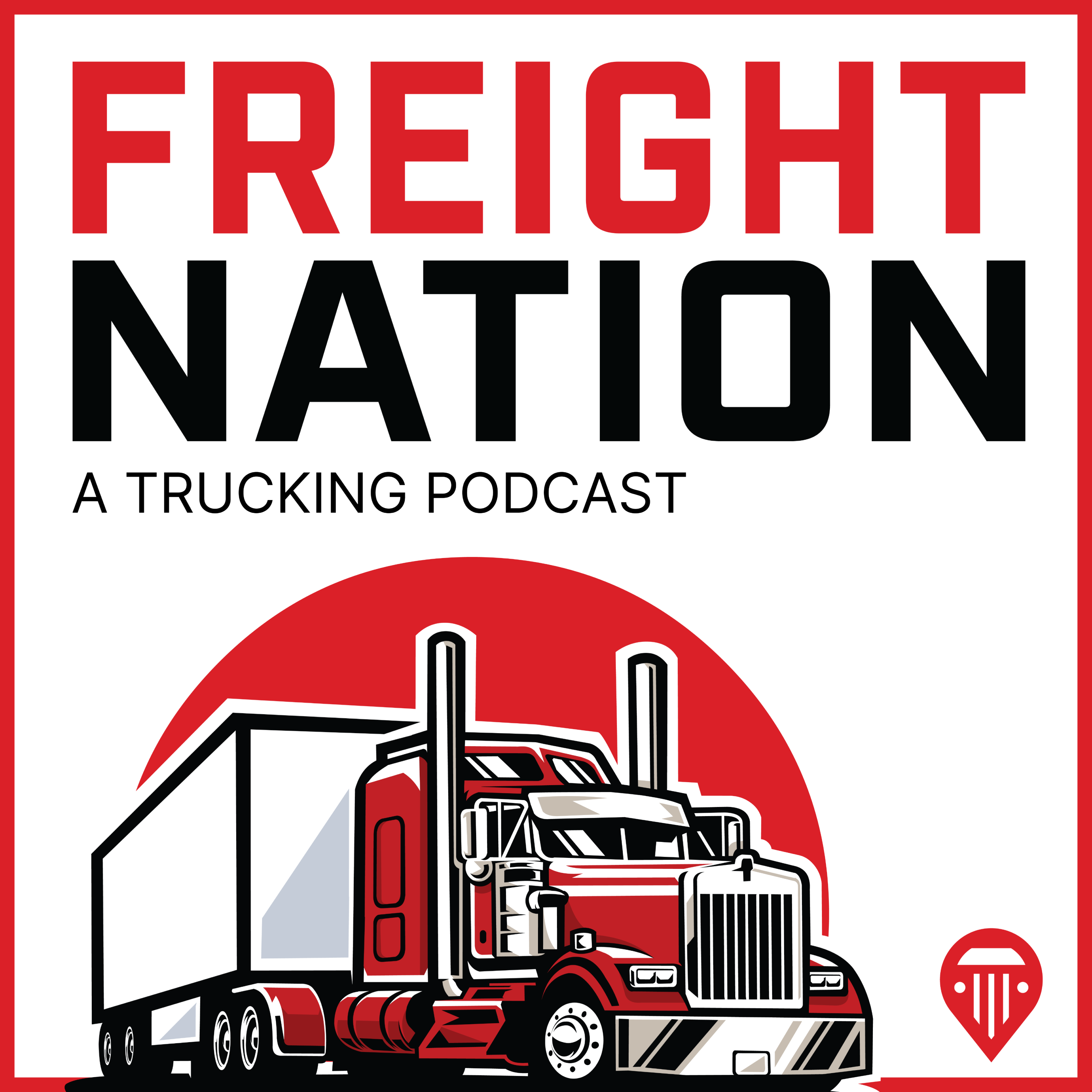Navigating Carrier-Broker Relationships with Tyler Johnston, Director of Operations at Mercer Transportation
November 7, 2023

In this episode of Freight Nation: A Trucking Podcast, host Brent Hutto is joined by Tyler Johnston, Director of Operations at Mercer Transportation. Join them as they explore the trucking industry from the perspective of a broker, delving into the importance of relationship-building and transparency between carriers and brokers.
In this episode of Freight Nation: A Trucking Podcast, host Brent Hutto is joined by Tyler Johnston, Director of Operations at Mercer Transportation.
Join them as they:
- Explore what sets Mercer apart from other truckload carriers
- Share advice for managing negotiations between carriers and brokers
- Examine the three ways customers send carriers freight
- And more!
Tyler Johnston currently serves as the Director of Operations at Mercer Transportation, one of the USA’s largest truckload carriers with over 45 years in business. Tyler has held a number of positions with the company, including Brokerage and Freight Operations Manager. Previously he was Dispatch Supervisor at Core Transportation.
Episode Highlights:
[13:41] Mercer Transportation was founded in 1977, initially as an owner-operator company. Back then, you had to buy specific commodity tariffs, and so the company was founded as a water and sewage pipe-only hauler, specifically in North and South Dakota. Since then, they have expanded into an agent based company spread across the entirety of the USA. Their initial goal was to be the safest, fastest paying, truly driver-centric company in the nation. In Tyler’s role, this means that every conversation he has with his operations team is centered around what will make the drivers more successful. If they’re successful, the company will be too.
[19:35] When carriers are in negotiations with brokers, Tyler advises against approaching the conversation in a transactional nature, as this is always incorrect. If you’re only talking about one load at one time, you’re missing out on a lot of the wider information that could get you repeat business. If you’re 100 miles away from a load, you’ll be able to explain why you need the extra money and build up a better relationship, rather than just seeming like you’re unwilling to negotiate. The faster you build a relationship, the more repeat business you’ll get, and the more time you’ll save in the long-run. Get everything on the table sooner so you can get to a solution quicker.
[28:46] No matter who you are, there are only three ways that a customer sends a carrier freight. The first is contract freight. That’s your big companies, such as Pepsi, Walmart, whoever, and they send giant spreadsheets to people like Tyler that detail everything they’re going to do over the next year. The people like Tyler then make bids on each contract. Then the corporation awards the freight to carriers. The second way is spot market freight, or Rolodex freight, where a shipper emails all of the brokers and asset-based carriers that have tried to contact them with their purchase orders and everyone bids at once. The third and final way is, “He’s a good guy” freight. This is when a broker has been dealing with one company for many years, always providing them good business, and can then essentially give them a good reference to carriers, so carriers are more likely to accept the load.
If you enjoyed this episode, make sure to subscribe, rate, and review on Apple Podcasts, Spotify, and Google Podcasts, instructions on how to do this are here.
Freight Nation: A Trucking Podcast is handcrafted by our friends over at: fame.so